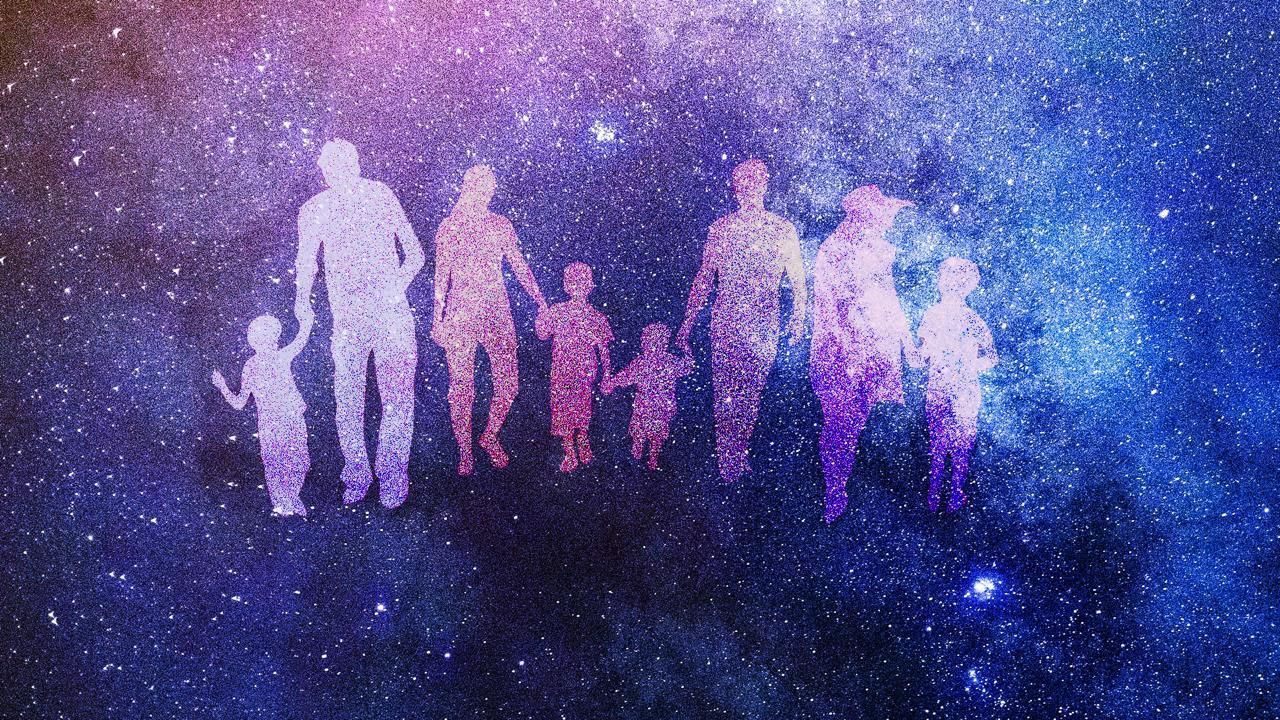The Field of Belonging: Family Constellation and the Wisdom of Lineage

Some journeys call us back to places we’ve never left—ancestral lands, inner landscapes, and truths buried deep in the bones. My path through Family Constellation work has been just that kind of journey: one of remembering, of witnessing, and of gently returning to what was once left behind.
Born in Japan, I have long carried an awareness of the unseen. Not in a mystical or esoteric way, but through the quiet, grounded rituals of daily life. We bow before ancestral altars, light incense without needing to speak, and visit family graves not just out of tradition, but from a felt sense of connection. There is a sacredness in the way the past is held—not spoken of explicitly but never forgotten.
These cultural roots deeply inform how I experience Family Constellation work. Developed by Bert Hellinger, this method reveals the unseen dynamics that flow through family systems—grief, exclusion, unresolved trauma, and inherited burdens. In constellation sessions, whether in group or one-on-one settings, we step into a “field,” where representatives embody family members or inner parts. Through this embodied, intuitive process, the hidden architecture of our family system becomes visible—and with that visibility, profound healing becomes possible.
While my Japanese heritage first shaped my understanding of connection and remembrance, my journey deepened even further beyond my homeland, in Bhutan. This quietly radiant Himalayan kingdom opened something even deeper within me. I have been blessed to visit Bhutan twice, each time stepping into a different layer of the same sacred story. The land, the people, the pace of life—it all invites a slowing down, a softening, a return.
On my most recent visit, I had the rare opportunity to spend time with a Rinpoche—a recognized reincarnation of a spiritual master. In Bhutan, lineage is not just remembered; it is lived. The presence of a Rinpoche is a living thread, an unbroken chain of wisdom, devotion, and service stretching across lifetimes. His way of being seemed to dissolve time, as though past, present, and future coexisted within his gaze. In Bhutan, lineage is embodied—in rituals, in relationships, in the reverence shown to teachers and ancestors alike. Being in his presence reminded me that healing is not just personal. It is ancestral. It is collective. And it is sacred.
Everywhere in Bhutan, remembrance breathes. Ancestors are honored in every household, invoked in rituals, prayers, and daily life. The landscape is dotted with chortens, monasteries, and prayer flags—reminders that spirit is not separate from the world. In this reverence, I found the essence of Family Constellation. Healing does not begin with fixing the self; it begins with remembering where we come from, and who still walks with us.
Clients often come into constellation work feeling stuck, burdened by emotions or patterns they cannot explain. They might say, “This doesn’t feel like mine,” and they’re often right. We carry the echoes of those who were silenced, excluded, or forgotten—whether a grandfather’s unspoken grief, a mother’s unacknowledged loss, or a sibling who died young and was never mentioned again. These hidden stories live on in us—until they are seen, acknowledged, and allowed to rest.
Family Constellation does not ask us to relive the past. It asks us to see it. To feel what was not allowed, to restore the natural order within the family system. When that happens, something powerful shifts. Love flows more freely. The body softens. The soul exhales.
Bhutan taught me again and again that healing is about realigning with our truth—with our place in the greater web of life. It is about honoring, not clinging; about bowing, not judging.
And that bow is everything in constellation work. When we bow to what was—no matter how painful—we no longer have to carry it unconsciously. We are freed to live our own lives, rooted in love rather than in loyalty to pain.
My second journey to Bhutan deepened this understanding. Where the first visit was filled with awe and discovery, the second brought stillness and depth. I listened not with my ears, but with my heart. I noticed how my breath slowed, how my thoughts softened, how the mountains spoke—not in words, but in silence.
That silence mirrors the constellation field—a vast, spacious place where stories reveal themselves without force. Healing arises not from doing, but from presence. From listening. From remembering.
Today, as a constellation facilitator, I carry these experiences within me: the quiet strength of my Japanese lineage, the sacred wisdom of Bhutan, and the blessing of time spent with a teacher whose life reflects the living thread of transmission. I no longer see Family Constellation as simply a therapeutic method. It is a sacred remembering. A bow to the ancestors. A return to belonging.
And perhaps that is what we are all seeking—not answers, but connection. Not perfection, but presence. Not escape, but a return to wholeness.
In this remembering, we come home—not just to ourselves, but to our roots. We are not separate from those who came before us. We are not alone in our struggles. And we are never truly lost—only waiting to remember where we come from.
Just as families carry invisible threads of connection, so too do organizations and communities. The principles of Family Constellation extend into the wider systems we are part of—the places where we bring our gifts into the world. In the corporate realm, unseen dynamics often shape what flourishes and what falters. By honoring hidden loyalties, acknowledging forgotten contributions, and restoring the natural order within systems, we create spaces where not just individuals, but entire organizations can move forward with greater clarity, integrity, and life force.
To find out more about Family & Systemic Constellation, contact:
info@counselingperspective.com










